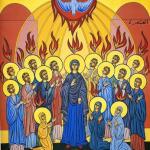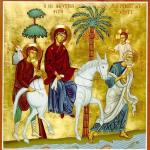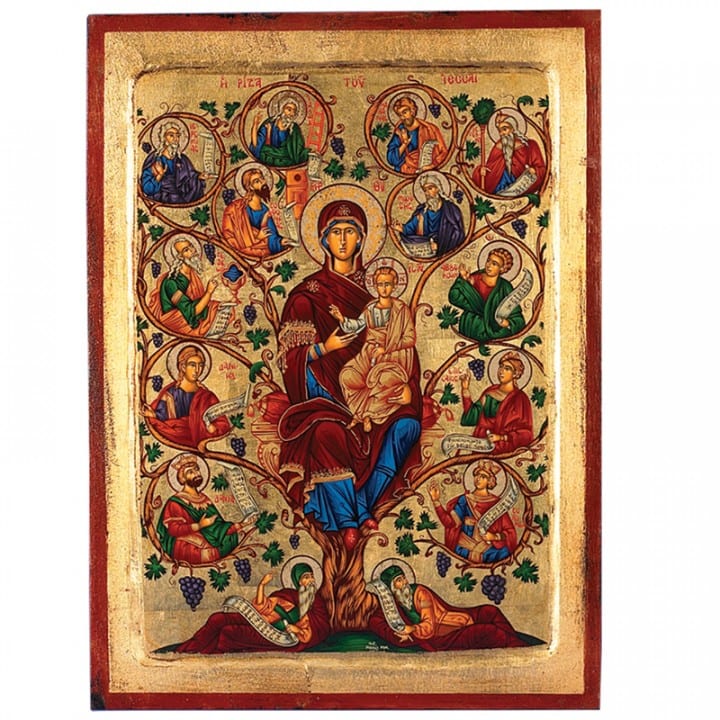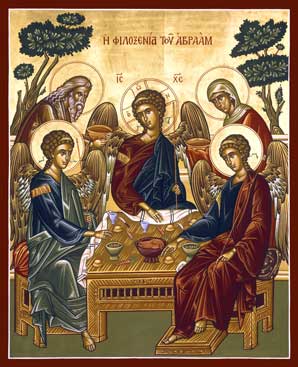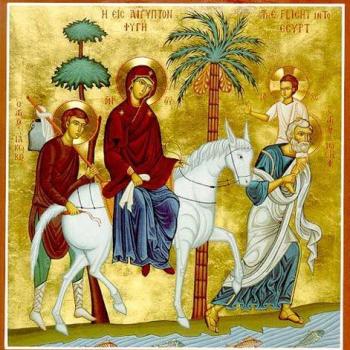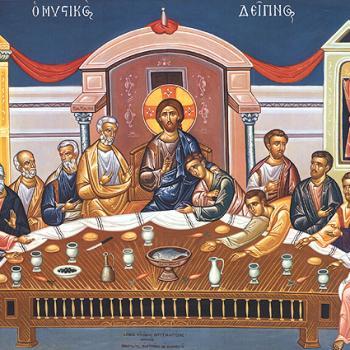I am the Stranger
You can’t see me
I am the Stranger
Do you know what I mean
The lyrics, from Canadian rock legend Gordon Downie’s “The Stranger,” refer to a tragic incident that exposed one of the darkest moments in Canadian history. On October 23, 1966, 12-year-old Chanie “Charlie” Wenjack died of exposure and starvation while attempting the 370-mile trek back to his village. This was during the early onslaught of Canadian winter. He was wearing only a light windbreaker.
“The Stranger” is the opening track to Secret Path–Downie’s last album before succumbing to brain cancer last October. I invite you to view it here:
As an Indigenous boy, Charlie had been forcibly separated from his family by law enforcement. He was then placed in predominately white Christian-run Indian Residential Schools. Working with the Canadian government, the schools were backed by the Catholic Church, the Anglican Church, and the United Church of Canada. At the time these were Canada’s three largest Christian denominations.
The boarding schools were designed to strip children of their Indigenous culture and identity. First Nations culture and practices had been declared illegal in many parts of Canada. Indigenous parents who refused to comply with the government faced arrest and possible incarceration. In the eyes of the predominant white Christian culture, Indigenous parents and community leaders were declared law-breakers for wanting to raise their own children at home. This is the natural desire of any good parent.
The schools have since been exposed for their physical, emotional, psychological, and sexual abuse. Just the other day I had an older gentleman share his experience as a child who had befriended many of these victims at church. What he told me is well-corroborated. “We would intentionally let [residential students] beat us at hockey in the local school league,” he said. “We knew their losses were punished by beatings and going without supper.”
The experience left him a lifelong atheist.
I pray for him. Yet I cannot blame him. He too–though indirectly–is a victim of this childhood abuse. This is why I have often drawn criticism among fellow Canadians for stating the following: The negative and multi-generational effect of Indian Residential Schools on Canada’s Indigenous community is comparable to that of slavery among the African-American community south of our border.
Many of the children did not survive. I stumbled upon their forgotten graves one day while wandering through the woods behind my alma mater Algoma University. The university was founded originally as the Shingwauk Indian Residential School. Some of the graves are unmarked. Others are marked only by gender and age.
Children as young as four and five had died alone in the same halls where I was studying creative writing and visual arts. Died without their mother or father or other close family to comfort them and reassure them as death approached. Died in spartan dorms overseen by the white strangers who had torn them crying from the arms of their crying mothers.
I imagined them scared and alone as they faced eternity. I wanted to pray for the repose of their tiny souls.
Instead I cried.
I could only imagine my own four-year old in this situation. Terrified and crying for my wife and me. Not understanding what death is and why it is overtaking him.
As a parent I would rather die in his place.
I need not ask God to have mercy on the souls of these little ones. He Himself promises that their fate is in His loving hands. “The Lord watches over the strangers; he upholds the orphan and the widow, but the way of the wicked he brings to ruin,” states Psalm 146:9.
Rather it is our souls that require mercy. For God will hold us accountable.
May God have mercy on our souls for having inflicted such evil and suffering on innocent children and their mothers because of their different language and skin colour. These are the widows, orphans and strangers whom God champions.

